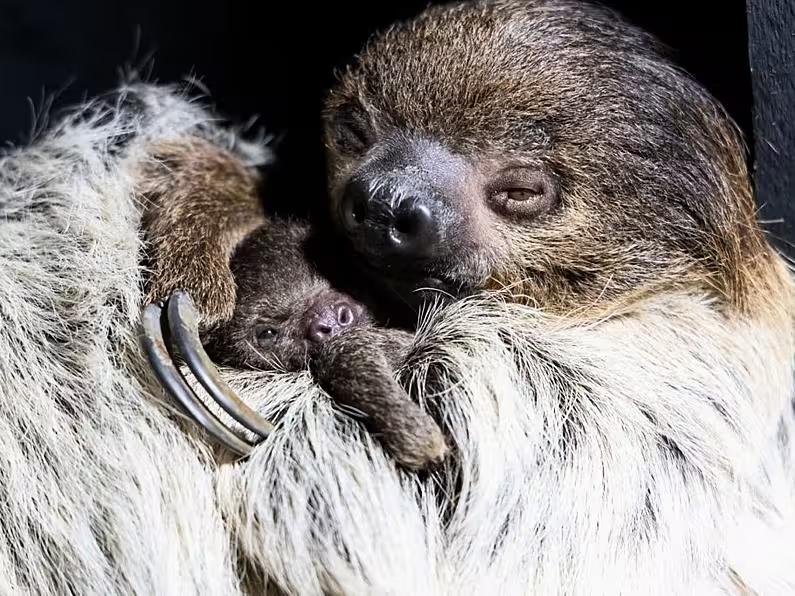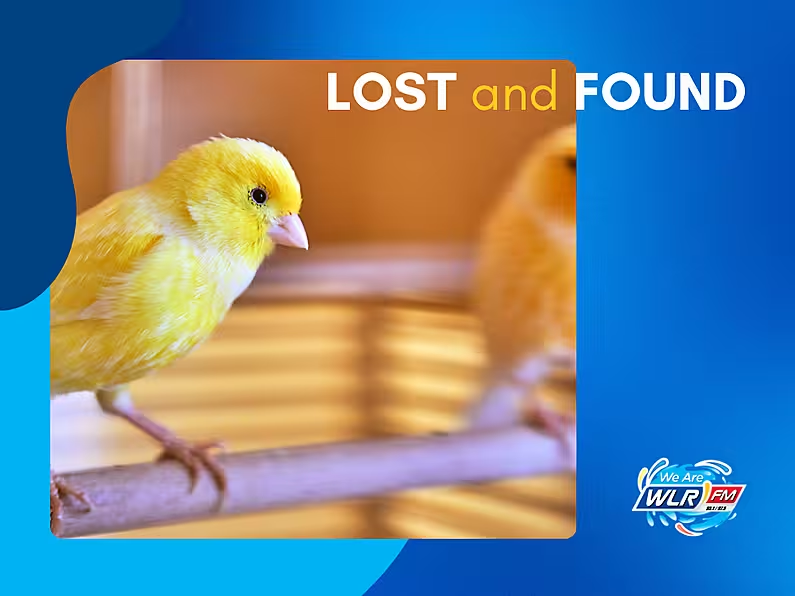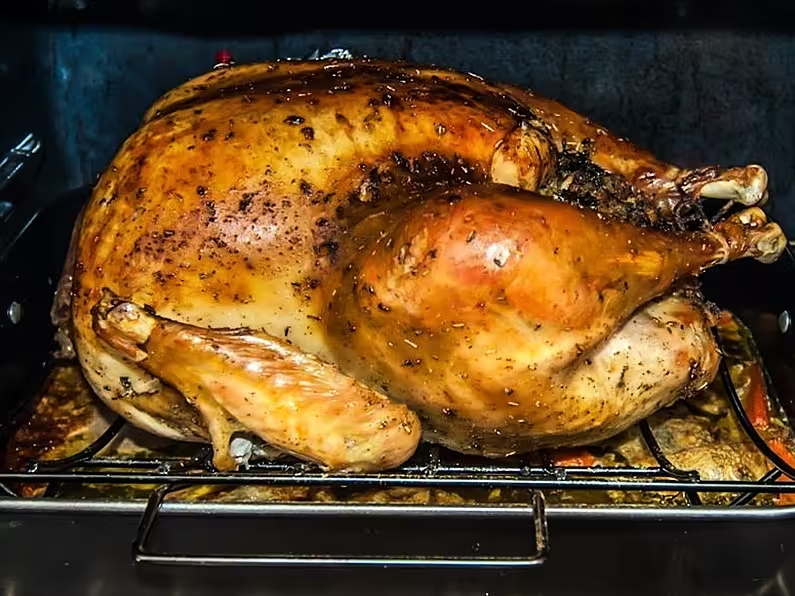Fota Wildlife Park has announced the arrival of the first-ever baby sloth born there.
The Linné’s two-toed sloth (Choloepus didactylus) whose gender is still unknown, was born on the 30th of April to mother Talyta and father Matheo after a gestation of six months.
The public can view the baby sloth in the Tropical House, which recently reopened after closure due to the Covid pandemic.
Fota Wildlife Park is calling on the public to help name the baby sloth via its blog.
Matheo, who is four and a half years old, was transferred from Wilhelma Zoo, Stuttgart, Germany, to Fota Wildlife Park in 2019. Mother Talyta, who is three years old, came from Papiliorama Swiss Tropical Gardens to Fota Wildlife Park in November 2020.
Lead Ranger, Julien Fonteneau said
Fota Wildlife Park is delighted to announce the birth of a baby sloth. Not only does the Wildlife Park have great success breeding the fastest land animal and the tallest land animal in the world, and now also with the world’s slowest moving animal, the sloth.
Due to the nocturnal nature of the sloth, getting a glimpse of the baby can be difficult. Young sloths will cling to their mother’s belly for approximately five weeks until they have the strength to move on their own.
About sloths
Sloths are native to South America and eat, sleep, mate, and give birth from their upside-down position high among the branches.
They are the only mammals whose hair grows in the opposite direction from the hair of other mammals. To accommodate their upside-down lifestyle, the hair parts in the middle of the belly and grows upward towards the back. The hair on the face points upward, allowing water to run off during rainstorms.
Sloths are slow-moving, nocturnal creatures that spend almost their entire life suspended from trees. The only time sloths descend to the forest floor is to go to the toilet, which they do about once a week.
To move to a new area of trees, sloths often have to wait for the forest to flood, which facilitates swimming to a new resting site.
Their diet primarily consists of various leaves, stems, buds, and a selection of fruit but insects are also consumed. This type of diet requires a specialised digestive system and sloths possess a large, four-chambered stomach, like cows.
Fota Wildlife Park is open daily from 9.30 am to 6 pm and the last entry is at 4.30 pm. The Tropical House, which houses the sloth from 11 am to 5 pm.














